Entertainment
New Ubisoft Game 'Assassin's Creed Shadows:' Why the Criticism?
How far should a game be allowed to misrepresent its historical settings? Assassin's Creed Shadows is set to test the line with copyright and cultural problems.
Published
1 day agoon
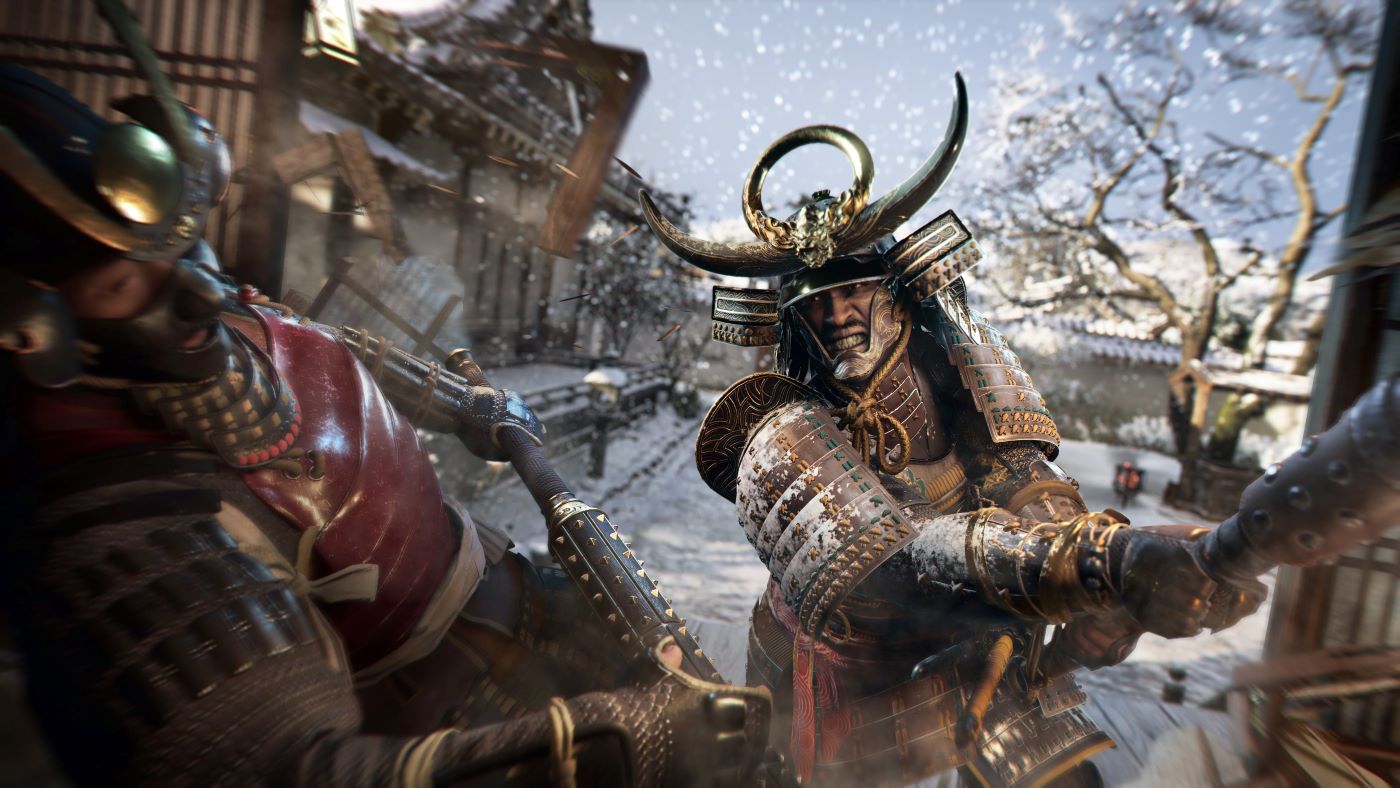
Ubisoft, headquartered in France, announced in late May that their latest addition to the popular action game series, Assassin's Creed Shadows (AC Shadows), is slated for release on November 15. Set during Japan's Sengoku or Warring States period, the game, according to Ubisoft, has been supervised by experts on Japan.
They assert, "We're showing real historical figures," suggesting a commitment to authenticity. However, the game has encountered significant backlash in Japan, criticized for what many see as historical falsification and a sloppy portrayal of Japan.
This controversy has spurred a petition demanding the game's release be canceled. What exactly has upset the Japanese fans?
The Black Samurai Yasuke
In AC Shadows, players can choose from two protagonists: Yasuke, introduced as a legendary samurai, or the female ninja Naoe. Yasuke was a real individual of African descent who served as a retainer to Oda Nobunaga. After Nobunaga's death, no further records of Yasuke's life exist, leaving his fate enshrouded in mystery.
The gameplay footage shows Yasuke donning full samurai armor as he strides through a village, earning bows of respect from the villagers. This portrayal, however, has ignited debate among critics who contest the depiction. They argue that "Yasuke was not a legendary samurai."
In reality, historical records concerning Yasuke are sparse. They primarily document his physical appearance and two significant events. Initially, a Jesuit missionary showcased Yasuke, a Black slave, as a spectacle. This captured the interest of Nobunaga, who then took him into his service. The second event unfolded during the Incident at Honnoji Temple, where Yasuke was captured and subsequently sent to Nanbanji temple. Due to these limited recorded interactions, Yasuke has never been widely recognized among the Japanese.
However, the 2019 publication of Yasuke: The True Story of the Legendary African Samurai by Thomas Lockley and Geoffrey Girard has propagated misconceptions about him worldwide.
Lockley's Legendary Figure
Lockley is an associate professor at Nihon University. In the book, he presents certain details as "definitive," despite previously labeling them as "speculative" in an earlier Japanese edition.
Lockley portrays Yasuke as a legendary hero. Yet the book also contains the contradictory claim that "a Black man brought by missionaries as a bodyguard was made a slave by the Japanese." These inaccuracies have been widely accepted as historical facts internationally. And many in Japan have also come to partially believe them.
This misunderstanding was further fueled by repeated additions to Yasuke's Wikipedia entry since 2015. The edits claim that "Yasuke was a samurai." Citing Lockley's unpublished works as references, they sparked suspicions about "tottoritom" who was identified as the editor. Some believed that "tottritom" might actually be Lockley himself. He previously taught Japanese in Tottori Prefecture.
Lockley has consistently refrained from labeling his work as fiction. Instead, he gained recognition as an expert on Yasuke by presenting his interpretations as historical facts. Consequently, the image of Yasuke as the "legendary samurai" was largely crafted by Lockley in the 21st century.
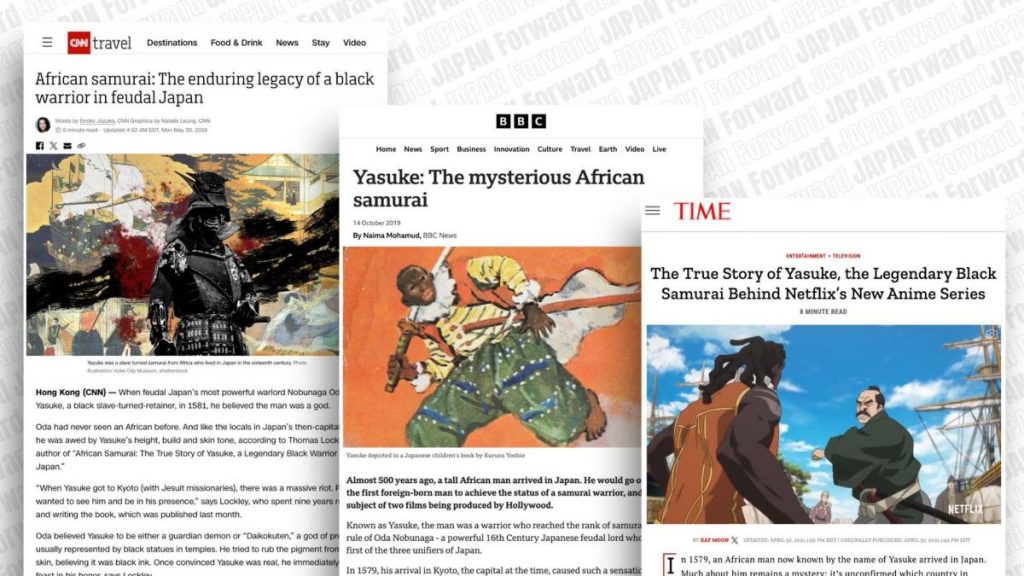
While it is unclear if Lockley is directly involved in the development of AC Shadows, his appearance on Ubisoft's podcast Echoes of History suggests that his portrayal of Yasuke likely influenced the game's development.
Yasuke has been featured in various works of fiction, owing to his unique background. However, these portrayals have never attracted criticism, as they do not purport to be historically accurate.
Misconceptions of the Term Samurai
There are no records confirming Yasuke's status as a samurai. Moreover, the term samurai lacked a precise definition during the Sengoku period. That complicates any categorical determination of what exactly samurai referred to during that era.
The status of samurai was historically tied to their relationship with the shogunate (the government or rule of a shogun). Originally, the term samurai referred to bushi (warriors) who served as bodyguards for nobles during the Heian period (794-1185). Over time, during the Kamakura and Muromachi periods, bushi who were directly under the shogunate were recognized as samurai.
By the Edo period, starting in 1603, the title of samurai was reserved only for high-ranking bushi directly serving the shogun. Eventually, the term expanded to encompass all warriors, and the association of samurai with the upper class solidified based on their status during this later period.
The Sengoku period, sandwiched between the Muromachi and Edo periods and including the Azuchi-Momoyama era, was notably chaotic. It lacked clear definitions regarding the status and role of samurai. Some historians argue that during this time, bushi and samurai could be broadly considered equivalent. However, the term samurai did not necessarily imply high social status.
Nevertheless, given that Toyotomi Hideyoshi required about ten years of military service under Nobunaga to be recognized as a bushi, it seems improbable that Yasuke, who served under Nobunaga for less than two years, would have achieved the same recognition.
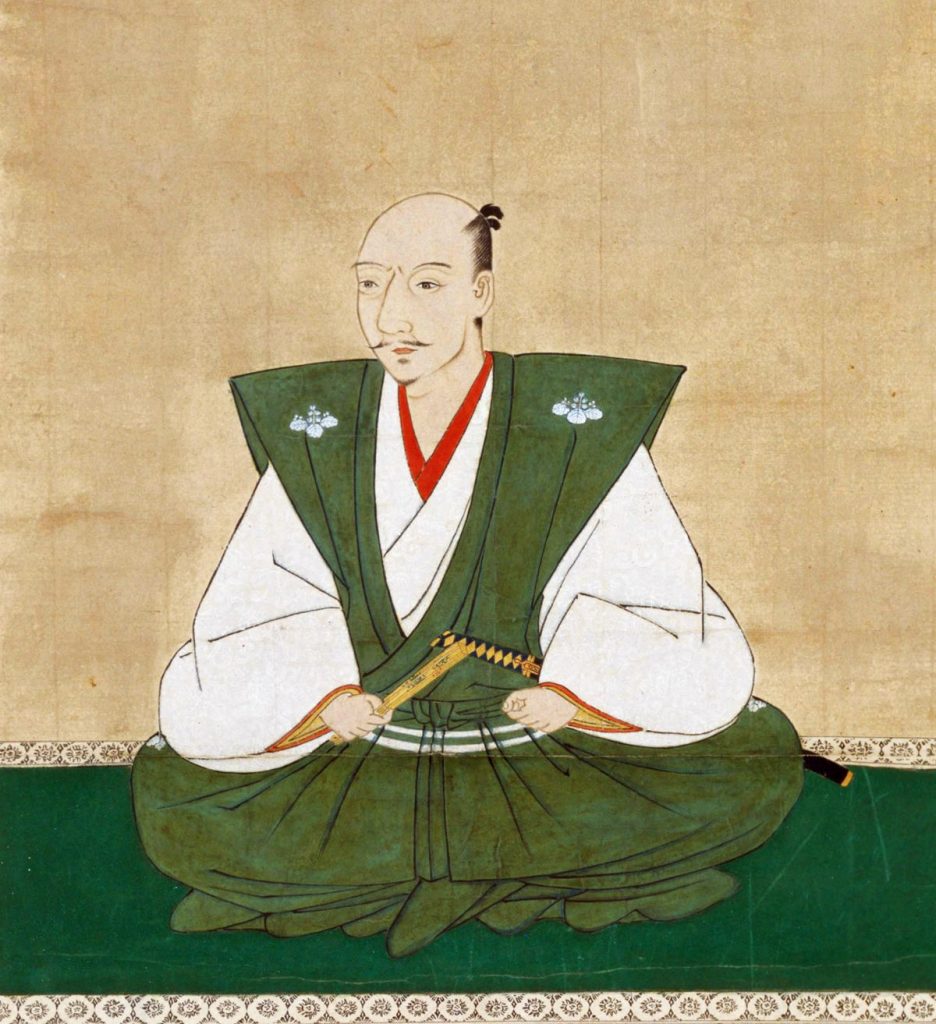
Behavior Uncharacteristic of a Samurai
"Samurai" and "ninja" have been staple terms in video games since their debut in Wizardry nearly half a century ago. Typically depicted as a warrior wielding a Japanese sword (katana), the samurai has become a familiar figure to gamers. It is often treated as a "job" or character class in numerous games. While this class may be considered advanced, it does not imply high social status. Even games dealing with Japanese history do not automatically accord respect to characters just because they are labeled as samurai.
In AC Shadows, Yasuke is depicted brutally slaughtering enemies in broad daylight within a village, a portrayal that has attracted criticism for being uncharacteristic of a samurai. Ubisoft responded by saying, "Looking at death was a day-to-day occurrence in that period, and the way most people died in Japan during that time is clean decapitations." This statement is historically inaccurate.
The confusion about the term samurai has led to a misleading chain of associations. Yasuke's role as a samurai is mistakenly taken to imply that he had a high social status. Therefore the game portrays him as a respected, legendary figure. False assumptions, held by both Lockley and the creators of AC Shadows, have resulted in a character that sharply conflicts with the Japanese view of what a samurai truly is.
It's worth noting that female ninjas, or kunoichi, are also fictional creations not found in historical records.
Ubisoft's Samurai?
Critics of AC Shadows are not a unified group. Even non-gamers have voiced their anger. The primary controversy surrounds the choice of a Black protagonist in a game set in Japan. Why choose a non-native Black character instead of a Japanese person? The core appeal of historical role-playing games lies in the opportunity to immerse oneself as a local and experience history from that perspective.
In an interview intended for Japanese gaming media, Ubisoft explained the choice of Yasuke by stating they were looking for "our samurai," someone who could represent a perspective not inherently Japanese. This statement was perceived as cultural appropriation and exclusion of Japanese people. It led to criticism and eventual removal of the statement from the web article.
Why couldn't the story be portrayed from a Japanese perspective? Clearly, to dismiss all criticism as discriminatory is overly simplistic.
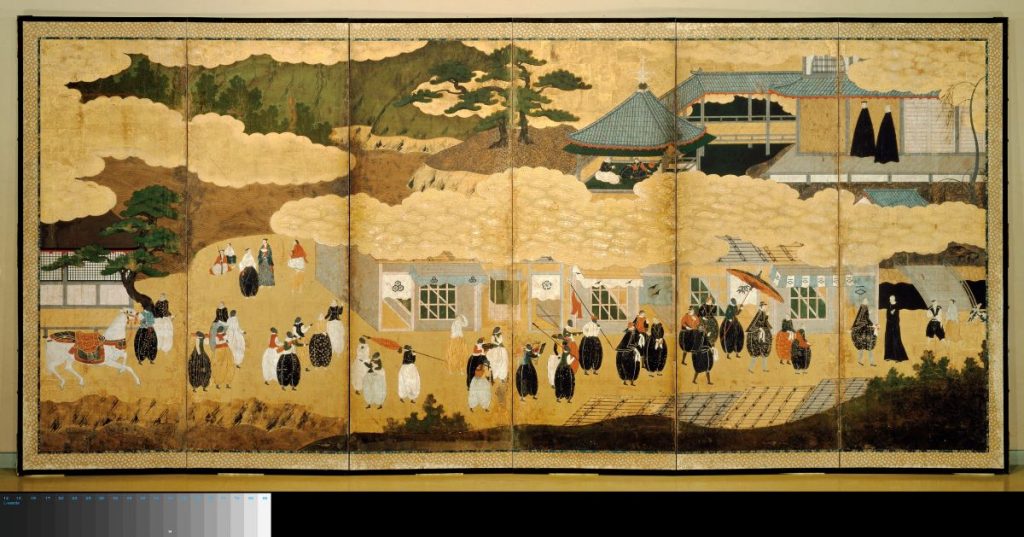
Misrepresentations of Japan
The information released features numerous improbable depictions of Japan. While they claim to have had "experts on Japan" overseeing the project, it seems unlikely any of these supervisors were actually Japanese.
For instance, tatami mats are traditionally not square, and it is customary to avoid stepping on their edges. Also, historically, samurai did not sit in the seiza position. Additionally, the depiction of family crests is not only incorrect but, in another era, such inaccuracies could have led to executions.
Reversed Chinese Buddha statues are also depicted, highlighting the problematic use of Chinese artifacts in a Japanese setting. This also demonstrates a lack of respect for Buddhist traditions that place significant importance on the concept of left and right.
Concept art in the game, possibly generated by AI, features out-of-period items ranging from the 1700s to modern times. This is despite the game being set in the 1500s.
It has also been noted that scenes depicting farming are lifted directly from contemporary photographs of Myanmar and Thailand. As for the guardrails and mini trucks, since there are "no records of their non-existence" during the Sengoku period, perhaps they were "supplemented with imagination."
Unlawful Appropriations
If these elements were isolated incidents, they might be dismissed as mere absurdities within a historical fiction. However, there have also been accusations of copyright infringements. Notably, without permission, they also used the flag of the Sekigahara Teppo Corps (matchlock rifle corps), a reenactment group promoting the Sekigahara region since 2012.
Ubisoft's Japan branch issued an apology on X, stating, "The artwork in question will no longer be used or distributed, except for its inclusion in the Collector's Edition art book." However, the Sekigahara Teppo Corps has also requested its removal from the art book.
Moreover, other images have been found to include cultural properties that cannot be replicated without permission. One example is the folding screens from Nijo Castle in Kyoto. In another example, the game uses what appears to be the octagonal lantern from Todaiji Temple in Nara. Both cases raise concerns about theft of cultural property and violation of Japanese law.
Also included is a video intended for the Japanese market featuring English audio with Chinese subtitles. It has succeeded in sparking criticism from not just Japan, but also China and South Korea. This blunder led to accusations of Ubisoft neglecting Asian cultures, culminating in the unusual spectacle of Japan, China, and South Korea uniting in their disapproval.
At the recent Japan Expo in Paris, Ubisoft's booth featured a katana labeled as Yasuke's sword. However, it was soon recognized as the distinctive Sandai Kitetsu sword from the manga One Piece, wielded by the character Zoro. Perhaps Ubisoft confused One Piece creator Eiichiro Oda with Oda Nobunaga?
Factors Dividing Success and Failure
AC Shadows is often compared to Ghost of Tsushima, another game rooted in Japanese history. Developed by Sucker Punch Productions in America's Washington State, Ghost of Tsushima is set on the islands of Tsushima and Iki during the Mongol invasions. Although it draws more inspiration from Kurosawa's samurai films than from strict historical accuracy, it has received widespread acclaim.
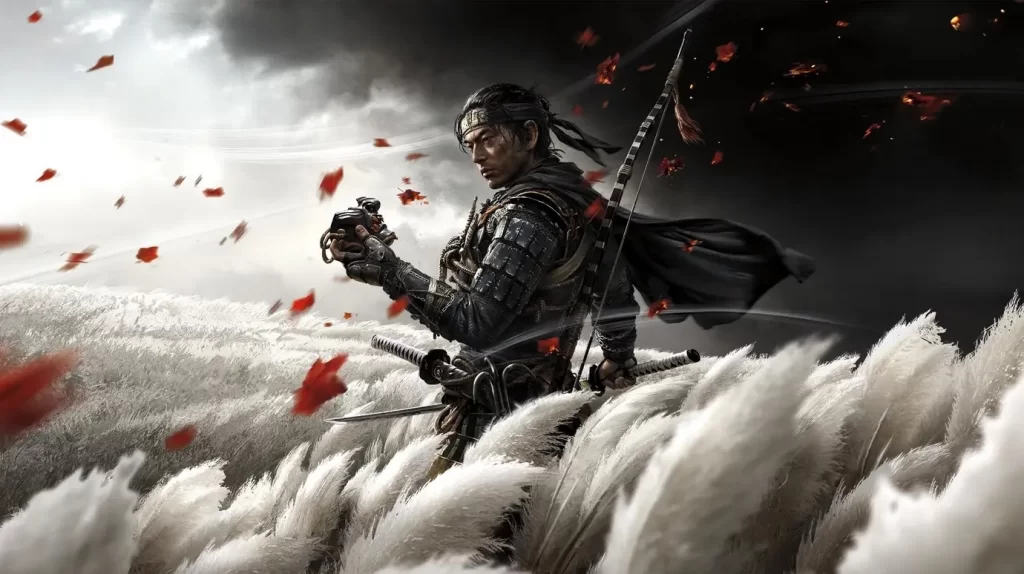
Examining developer interviews reveals a key difference in approach. Ghost of Tsushima involved meticulous research to craft its fictional narrative, while AC Shadows chose to "portray historical facts with imagination." This disparity in handling historical representation is what distinguishes the success of one game from the other.
Many Japanese people enjoy historical fiction and appreciate the creative liberties these works take. Their stories are meant to be enjoyed for their embellishments. However, much like fan fiction, historical fiction must respect certain boundaries and not cross a line.
Sakamoto Ryoma has become a national hero in Japan, largely due to Ryotaro Shiba's fictional portrayal of him. This fictional image has become so entrenched that many people find it hard to accept newly discovered facts that contradict it. Nonetheless, it is unacceptable for creators of fiction to present their work as "truth."
Furthermore, being fiction does not excuse copyright infringement or plagiarism.
Historical fiction can certainly spark interest in history. The debate surrounding AC Shadows has led many people to research and deepen their historical knowledge.
Ubisoft claims you can learn about Japan's history through AC Shadows. Perhaps that's true ー if you approach it as a spot-the-difference challenge.
RELATED:
- Gamer's World | Inside 'Assassin's Creed Shadows' and the Controversial Reaction to its Samurai Hero
- Ghost of Tsushima Video Game Fans Raise Money to Repair Shrine in Central Japan
- The Island of Tsushima, a Beautiful Gateway to History
- Find Your Samurai Spirit at the Ancient Sekigahara Battlefield
(Read the article in Japanese.)
Author: Shinichiro Kageyama
JAPAN Forward editor Kageyama is a history enthusiast and historical fiction aficionado. He has bought every mainline Assassin's Creed game on release day and completed them all. His favorite Assassin's Creed is Unity.
You may like


Why Yasukuni Shrine is Being Targeted and Vandalized


Gamer's World | Inside 'Assassin's Creed Shadows' and the Controversial Reaction to its Samurai Hero


Comfort Women Symposium Opens Up Research, Debate from Three Regions


INTERVIEW | Lee Young-hoon on the Evolution of the Comfort Women Issue


BOOK REVIEW | 'Japan, Korea, and the Takeshima Secret Pact: Territorial Conflict and the Formation of the Postwar East Asian Order'


Rowboat Ride along Hachiman-bori Canal: A Hidden Gem in Shiga


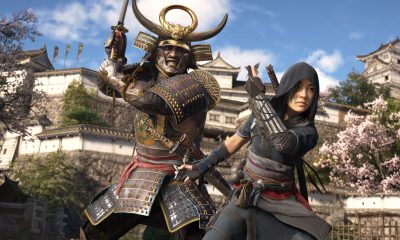

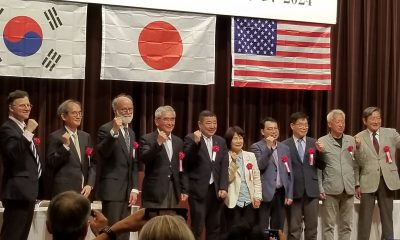






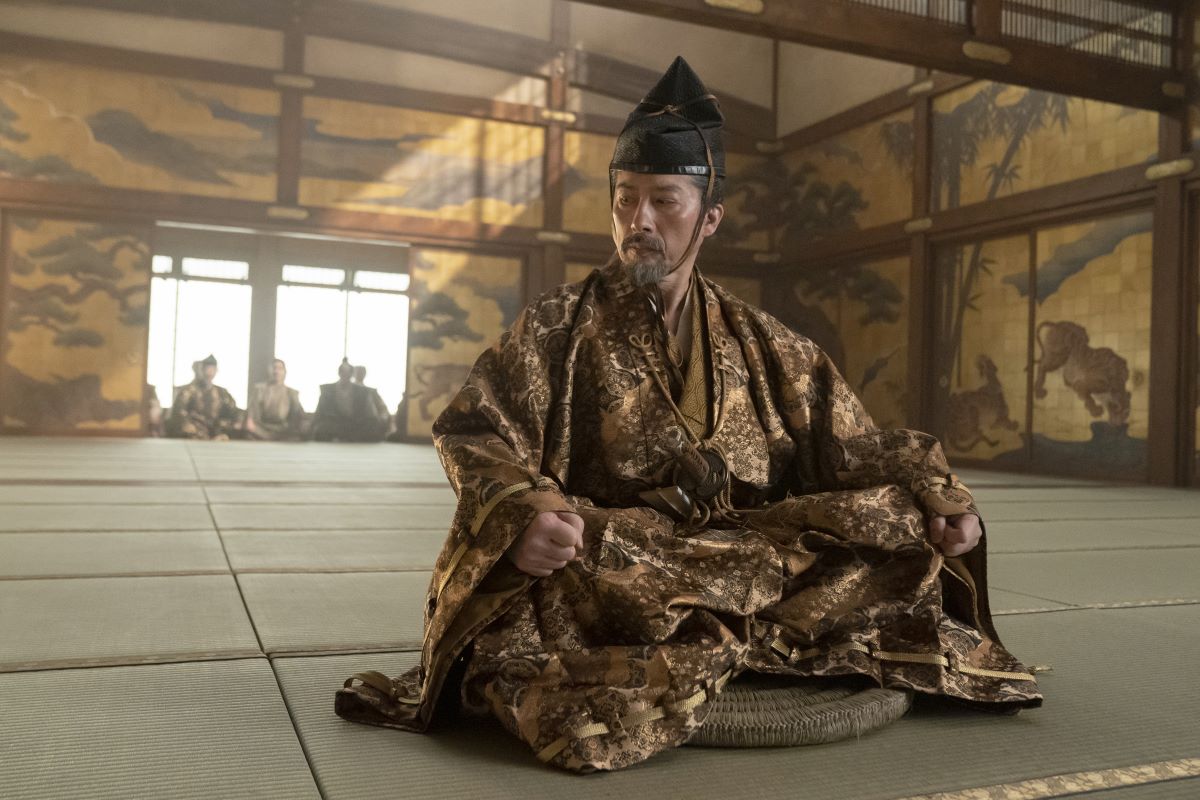
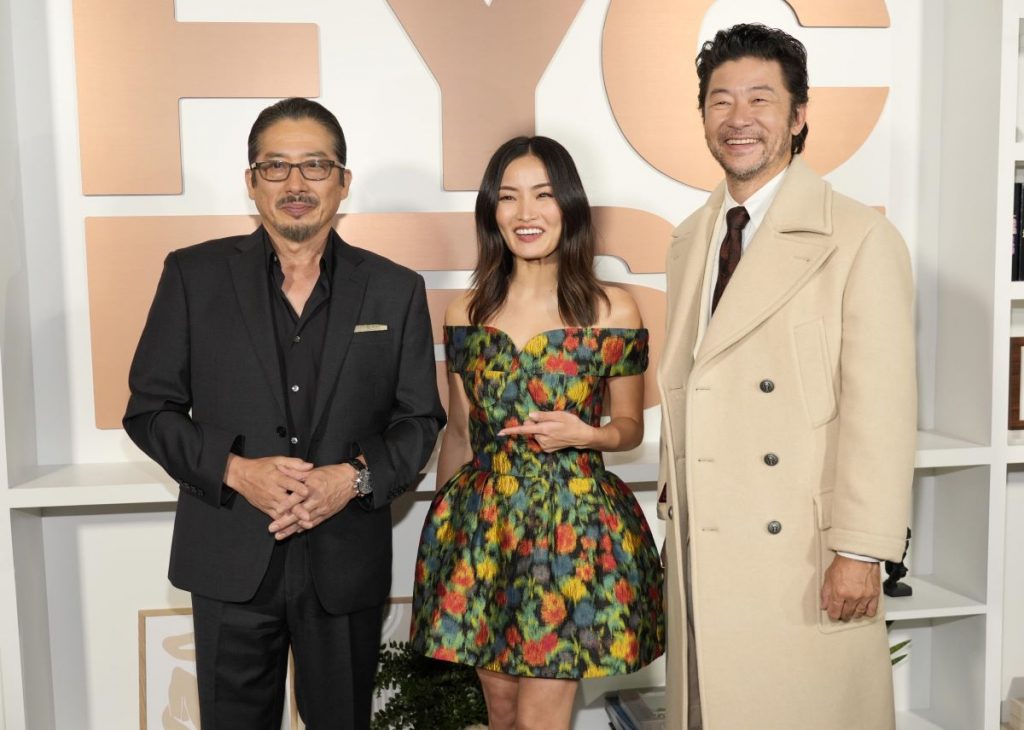

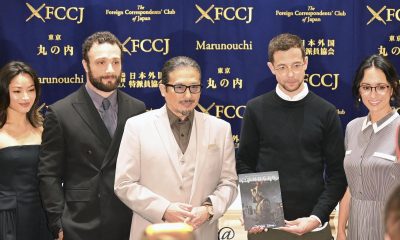



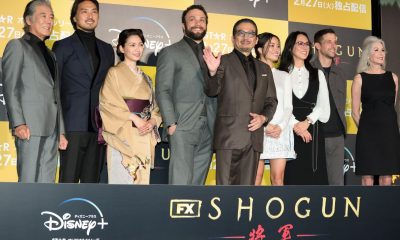



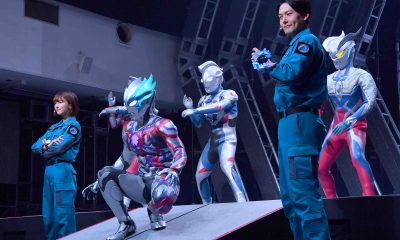



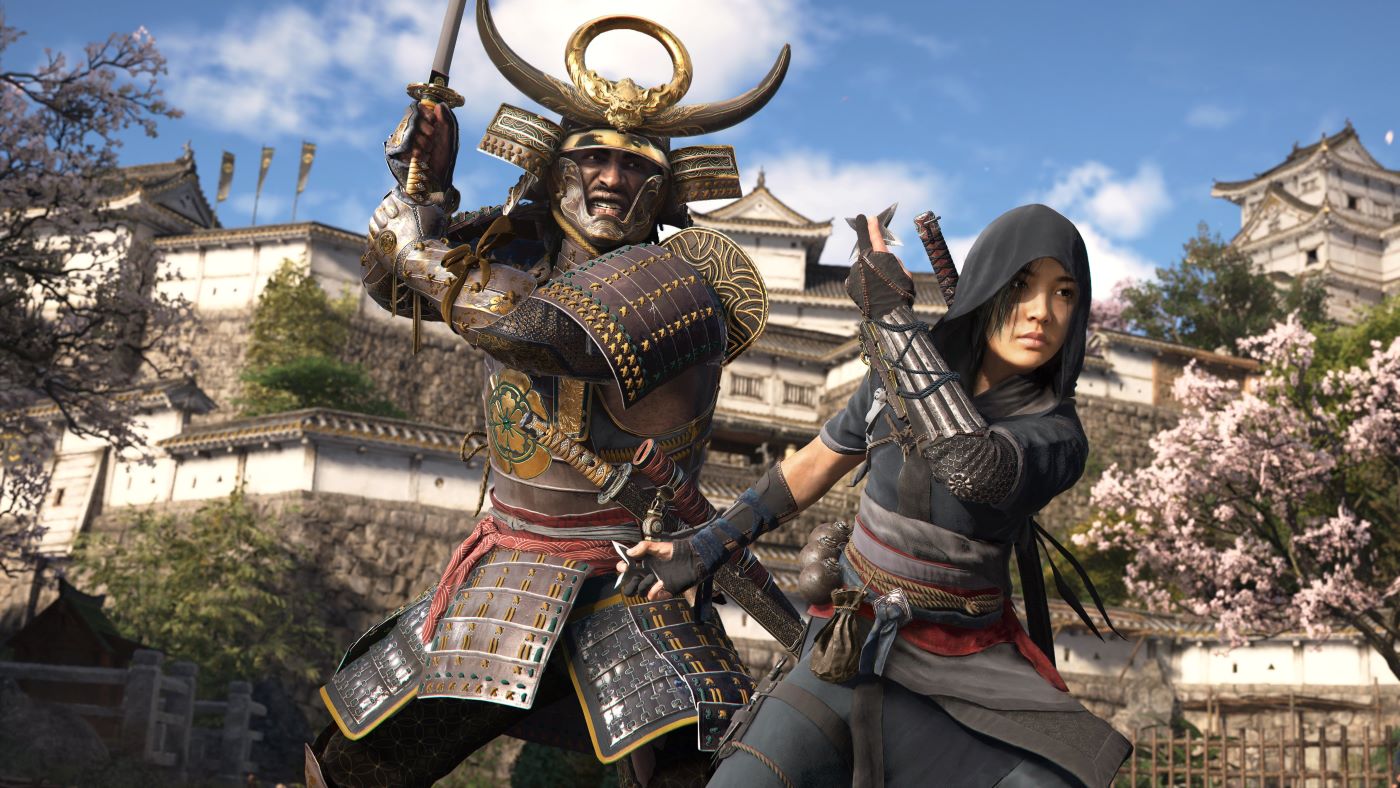
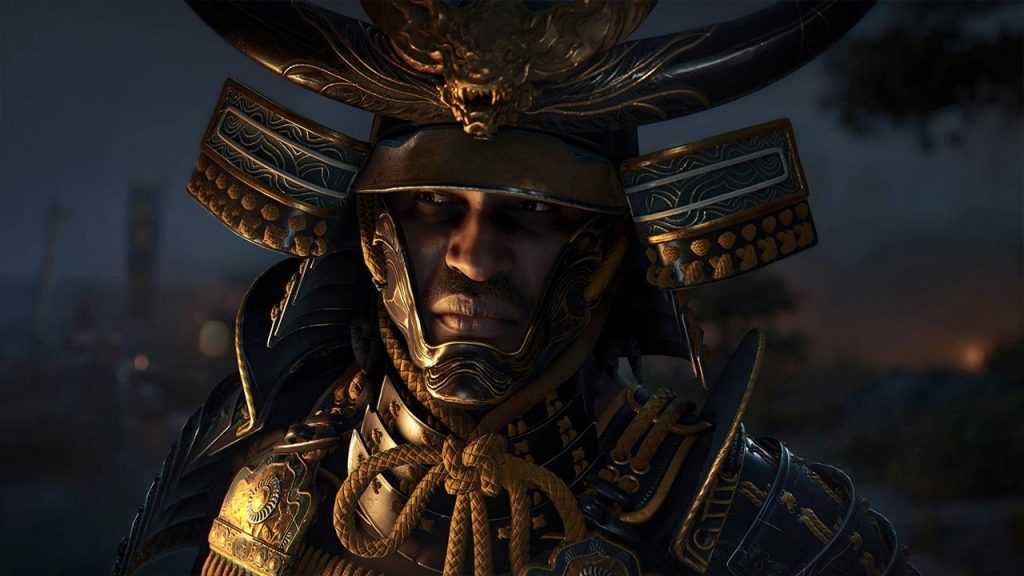
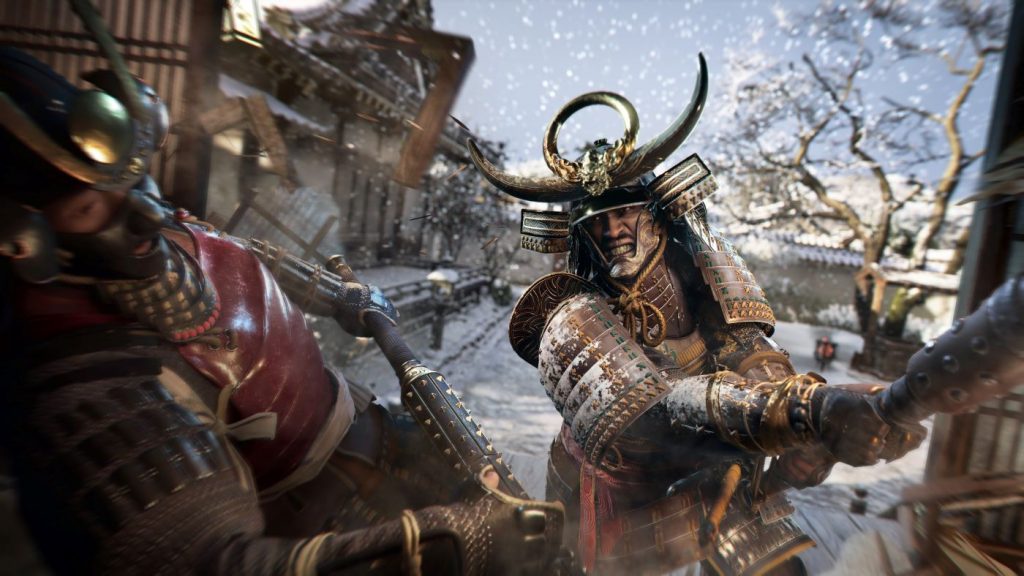
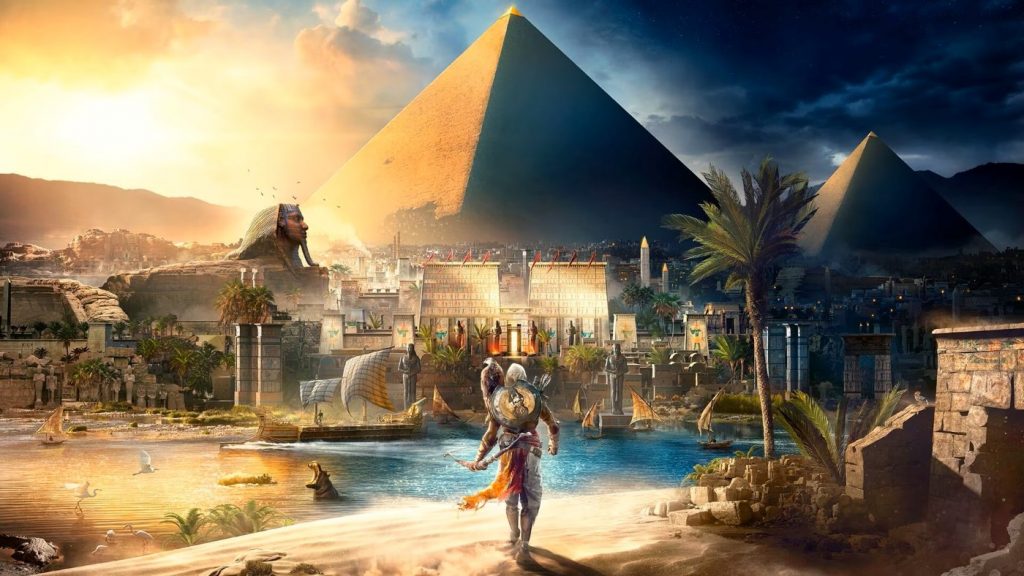
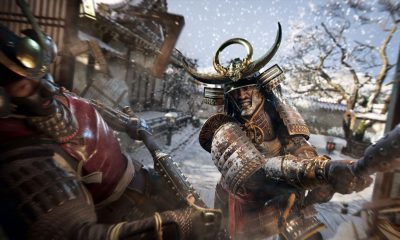



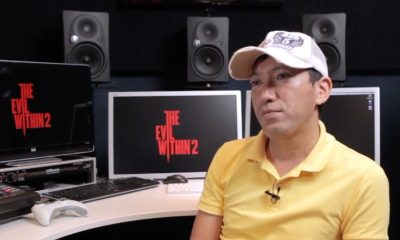

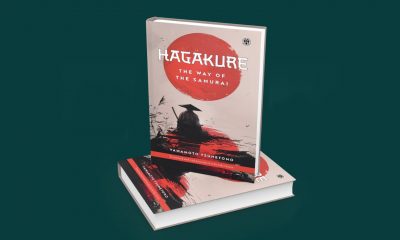

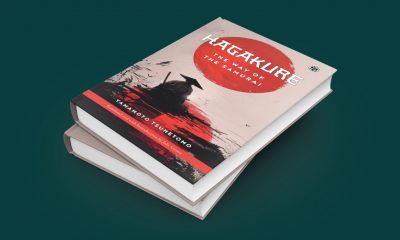

You must be logged in to post a comment Login